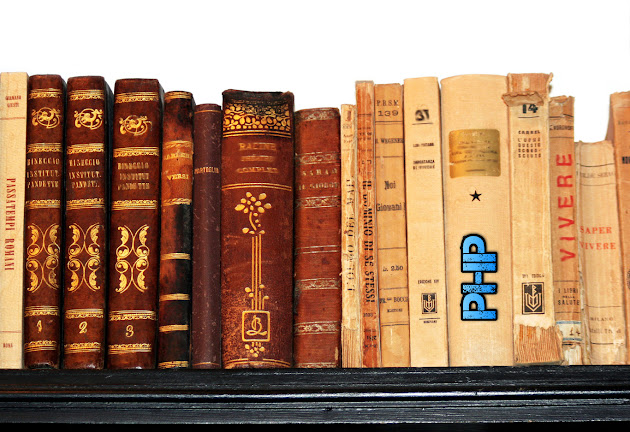
Books are said to be man’s best friends. Our friends might not share all their knowledge and skills, but books will indiscriminately do so. The advantage of owning a book is that you can refer them any number of times and anytime.
Though the Internet has reduced paper waste, buying books, especially academic books would never stop unless the world ends. PHP, the acronym for Hypertext Preprocessor is a widely used programming language that enables web designers to develop interactive and dynamic web contents using the database. It is indeed the cheapest and effective alternative for other technologies like ASP. Also, PHP is free of cost and does not require high programming skills to start.
Beginners with the basic knowledge of programming language concepts can easily learn PHP. In addition, open-source factors allow developers to experiment with codes, implement new concepts and develop new software tools and applications for all practical purposes.
For all PHP programmers, the below-listed books will definitely come handy:
PHP And MySQL Web Development
The book by Luke Welling has everything that a PHP developer will look for. Simplicity in language, clarity of thoughts, the length of each chapter, crisp and practical examples and perfect enough content to make this book a must-read.
Be it for the beginners who are still exploring the PHP world or for experts who are experimenting with complex code, this book is meant for all PHP enthusiasts. This book is highly recommended by PHP professionals as reference material for all challenging PHP projects.
PHP Solutions: Dynamic Web Design Made Easy
This is the second edition which gives useful insights on the advanced concepts of PHP5. The David Powers has explained concepts without causing much confusion and talks to the point without diverting or comparing with other similar technologies.
It is more than a dictionary or a reference material, giving all readers a solution-oriented approach towards PHP. For example, the explanation of concepts like classes, objects, database, hierarchies is explained in a manner which can be easily comprehended by all programmers.
The Joy Of PHP: A Beginner’s Guide To Programming Interactive Web Applications With PHP And MySQL
Learning difficult concepts such as debugging, using tools of the public domain or connecting with the database is a cakewalk with this book. Keeping aside the simplicity, this book has details of all that a programmer might need for which it would require him/her to spend hours on the internet or a library.
This is an “all in one” book which is not just worth a read, but a must have for all programmers.
PHP For The Web: Visual QuickStart Guide
Larry Ullman’s book is mostly custom made for those who have basic knowledge of HTML and are venturing into PHP projects. This is the fourth edition of the series free from a lot of old and outdated concepts.
Simple and effective methods such as screenshots, codes, real-time scenarios, and examples are used to introduce advanced concepts. This book also throws light on the basic concepts like arrays, variables, regular expressions which help in forming a strong base for understanding PHP better.
PHP Cookbook: Solutions And Examples For PHP Programmers
Assuming that the readers are aware of the basics of PHP, the author has predominantly covered advanced PHP5 concepts in this book. Efforts are made in answering some of the complicated “why, how, what “questions that any programmer is likely to encounter.
The OOPs concepts are well handled in the first six chapters; the next nine chapters deal with web concepts like forms, cookies, and database. An extra mile is covered integrating concepts such as XML, automation, sessions and web services.
Murach’s PHP And MySQL
If you need help in setting up the Apache web server environment or juggling between PHP and MY SQL, this book is your best guide. It covers both concepts in detail and in a simple layman language.
The book explains the basic web server concepts, client-side, and server-side programming, database programming and all about the interactions between the database and PHP. The Murach style of explaining codes with screenshots is indeed very useful and much appreciated.
PHP Objects, Patterns, And Practice
This book by Matt Zandstra answers all questions of a PHP programmer. It’s indispensable for self-learners who need to understand the concepts in a simple manner and implement their programs in a highly technical manner.
Besides, all PHP and OPPS concepts are clearly explained. What’s more, the practical exercises in this book definitely hone the programming skills of learners. This book Is essentially the starting point for novice PHP programmers and other professionals in the open source community.
Summary
The above-mentioned books are indeed the best amongst the lot and have been read, reviewed and recommended by several PHP professionals in the industry. While there are many other PHP books available, these 7 are all a beginner would need to become proficient in PHP.
Article Updates
- Updated on May 2019: Minor changes and updates to the introduction section. Images are updated to HTTPS.
- Updated Article: October 8, 2016: Fixed minor typos and updated links to the latest books.